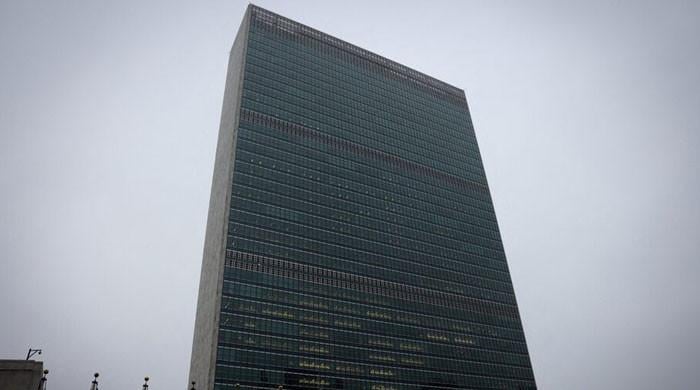Pakistan’s Diplomacy Curbs India’s Objectives at UNSC
Pakistan’s proactive diplomatic efforts have undermined India’s objectives, as evidenced by the United Nations Security Council (UNSC) statement concerning the Pahalgam incident. The statement refrained from employing strong rhetoric, unlike the language utilized during the 2019 Pulwama incident, which involved the loss of numerous Indian security personnel.
Following the attack on tourists in Indian Illegally Occupied Jammu and Kashmir (IIOJK), resulting in 26 casualties, the UNSC communique referenced “all relevant authorities” instead of specifically mentioning India.
The United States proposed the statement within the Security Council; however, it failed to gain approval.
Since the April 22 incident, the two nuclear-armed countries have strained their diplomatic relations, with New Delhi reportedly halting the Indus Waters Treaty, which prompted Islamabad to close its airspace to Indian airlines.
Prime Minister Shehbaz Sharif, while denouncing the regrettable attack, has proposed engagement in an impartial, transparent, and reliable investigation into the matter.
Amid escalating tensions, Iran has offered to mediate between Pakistan and India, with Defence Minister Khawaja Asif cautioning that the situation could potentially erupt into a full-scale conflict.
In a noteworthy diplomatic achievement, Pakistan not only prevented the incorporation of particular controversial terms in the UNSC statement, but also successfully ensured the inclusion of “Jammu and Kashmir” instead of just Pahalgam, which was New Delhi’s attempt to portray the disputed region as part of India.
The UN statement indicated that the organization is observing the regional situation with considerable concern, while India failed to issue an immediate condemnation.
In addition, a UN official urged Pakistan and India to demonstrate utmost restraint to avert any further deterioration of the situation amid heightened tensions.



Comments (0)
No comments yet. Be the first to comment!
Leave a Comment